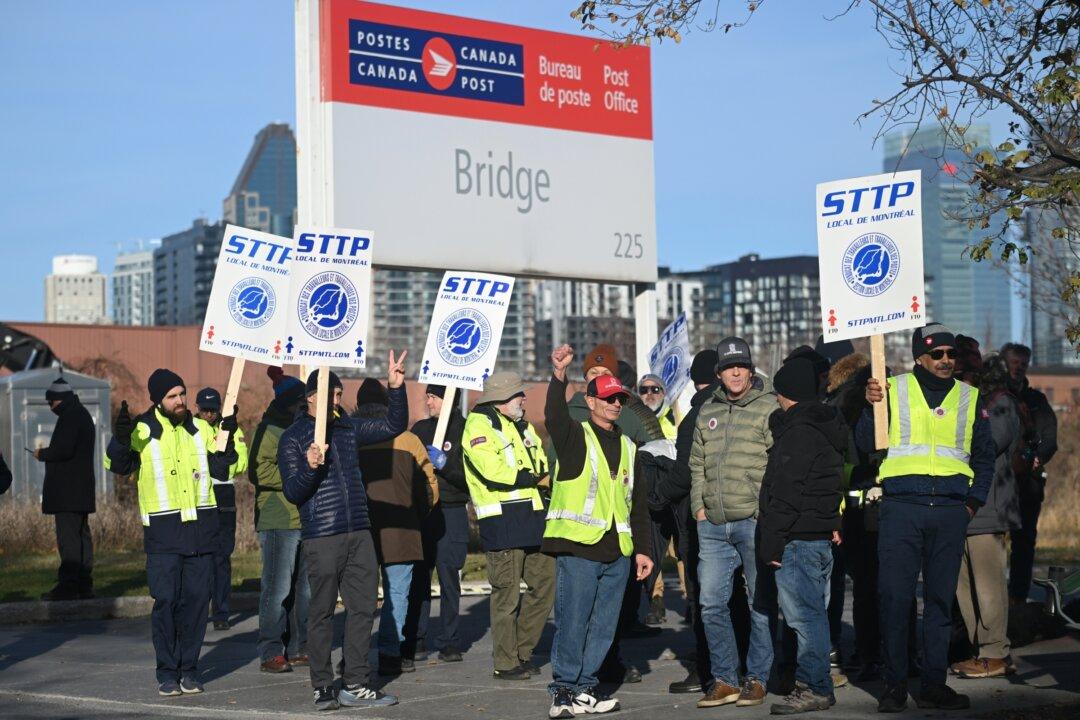“Giving birth in Canada opens up great prospects for your baby,” says the Canada Mama consultancy website. It’s one of many platforms helping expectant mothers travel to Canada to give birth so their babies will become Canadian citizens.
Such platforms outline all the reasons Canada is the preferred destination: Birth tourism is permitted by law, medical expenses are relatively cheap, and Canadian citizenship comes with many social benefits.





